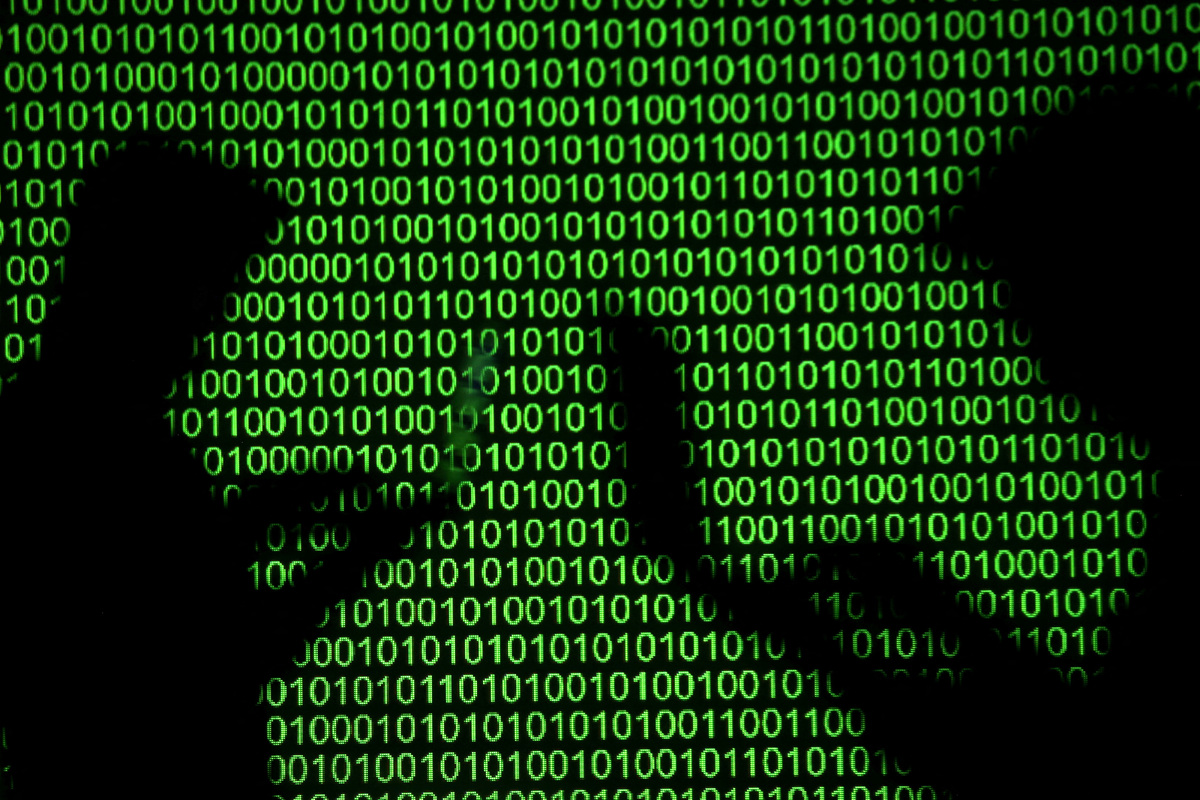Teen Hacker Behind Grand Theft Auto Leak Sentenced to Indefinite Hospital Order

An 18-year-old hacker, identified as Arion Kurtaj from Oxford, who played a key role in the international cybercrime group Lapsus$, has been sentenced to an indefinite hospital order after leaking clips of the highly anticipated Grand Theft Auto 6 (GTA 6). The gang, responsible for attacks on tech giants such as Uber, Nvidia, and Rockstar Games, incurred losses of nearly $10 million for the targeted firms.
Kurtaj, who is autistic, was deemed unfit to stand trial due to his acute autism, prompting a jury to determine whether he committed the alleged acts, not considering criminal intent. A mental health assessment revealed that Kurtaj remained a high risk to the public, expressing a strong intent to return to cybercrime at the earliest opportunity.
The court heard that Kurtaj, while on bail for previous hacking incidents involving Nvidia and BT/EE, managed to breach Rockstar Games using unconventional means, stealing 90 clips of the unreleased GTA 6. He posted the clips and source code on a forum, demanding contact from Rockstar within 24 hours. The hack cost Rockstar Games $5 million to recover from, along with thousands of hours of staff time.
Despite arguments from Kurtaj’s defense that the success of the GTA 6 trailer indicated minimal harm to the game developer, Judge Lees emphasized the real victims and harm caused by the multiple hacks conducted by Lapsus$.
In the same trial, a 17-year-old Lapsus$ member was found guilty of hacking tech giant Nvidia and phone company BT/EE, stealing data, and demanding a $4 million ransom. This member, who cannot be named due to age, received an 18-month Youth Rehabilitation Order, including intense supervision and a ban on using VPNs online. Additionally, he was sentenced for stalking and harassing two young women.
Kurtaj and the 17-year-old are the first members of the Lapsus$ group to be convicted, though it is believed that other members are still at large. The group, described as "digital bandits," shocked the cyber-security world with audacious attacks on multinational corporations, prompting US cyber-authorities to issue a report on Lapsus$ and similar teen hacker gangs.
The report concluded that Lapsus$ demonstrated how easily juveniles could infiltrate well-defended organizations, using a combination of hacking and con-man-like tricks. Despite their criminal activities, it remains unclear how much money Lapsus$ made from their cybercrimes, as no companies publicly admitted to paying the hackers, and the hackers did not provide passwords to seized cryptocurrency wallets.
Related Articles
Most Viewed
Winston House, 3rd Floor, Units 306-309, 2-4 Dollis Park, London, N3 1HF
23-29 Hendon Lane, London, N3 1RT
020 8349 4363
© 2025, Lyonsdown Limited. teiss® is a registered trademark of Lyonsdown Ltd. VAT registration number: 830519543




